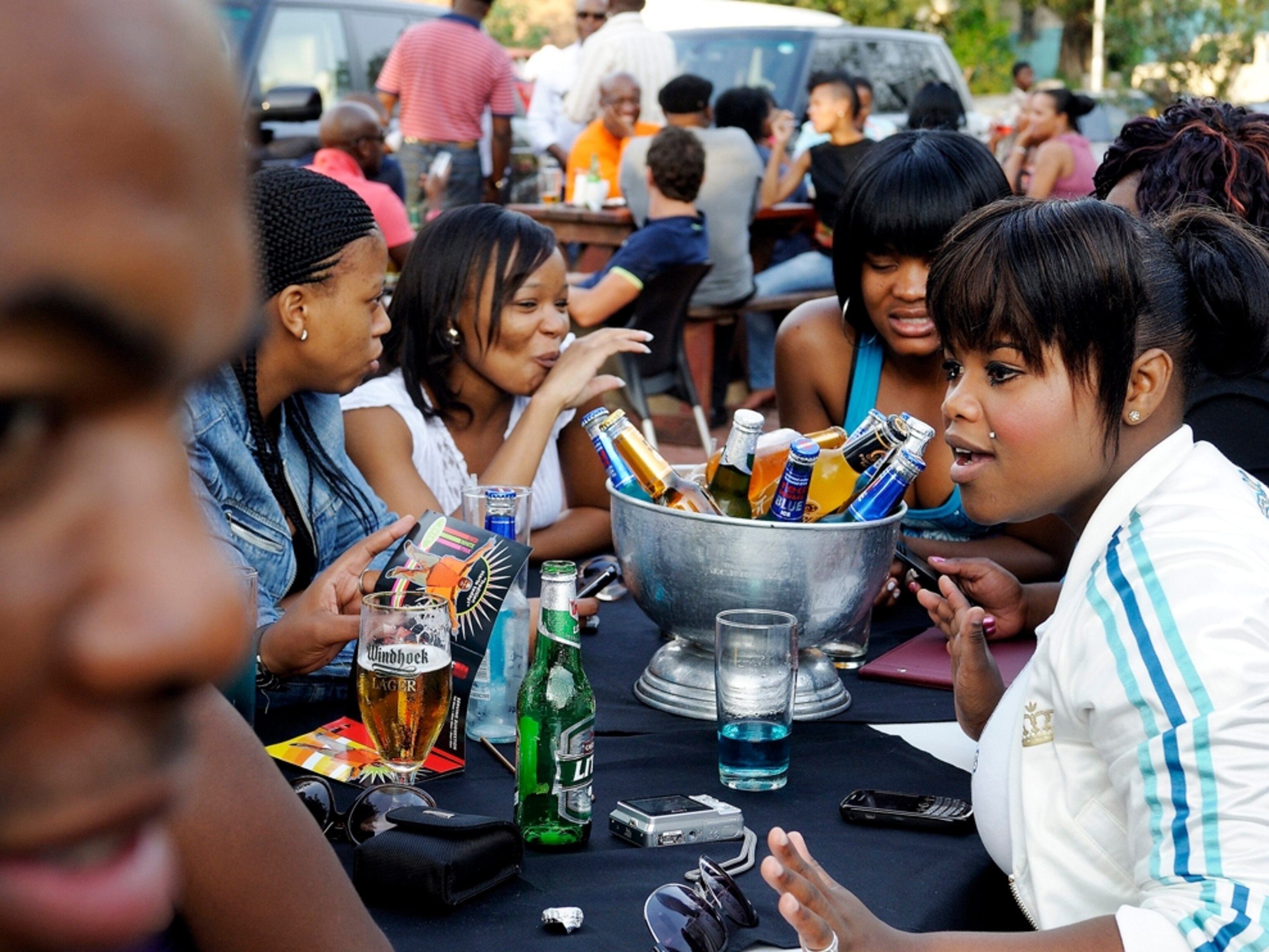
Finding Peace in South Africa
From the November 2012 issue of National Geographic Traveler

From the November 2012 issue of National Geographic Traveler
I had gone to South Africa in October 2009 in advance of the 2010 soccer World Cup, on assignment from a magazine to cover the preparations. But instead of touring the new calabash-inspired stadium, I spent my first morning in Soweto at the Hector Pieterson museum, in the Regina Mundi church where rioting black students had fled from police during the 1976 Soweto uprising, and touring the house once lived in by Nelson and Winnie Mandela on Vilakazi Street. “The bullet holes from attacks on the house are still visible here in the wall,” one sign read.
I’d been raised north of the Limpopo River in neighboring Rhodesia (now Zimbabwe), where we’d had our own version of apartheid and where the black population had undertaken its own struggle against minority rule. My parents had fought with Ian Smith’s government to keep Rhodesia white-ruled. So although Soweto—even the very word—evoked all that had been most unjust and violent about those decades in South Africa, this was my broken history too, as seen from the other side.
Walking out of the Mandelas’ house, I came blinking into the bright sunlight, feeling shattered. I appreciated the bullet-pocked buildings for what they said about conflict: that regardless of intent, innocent people will become its victims, and because of this, there is no undoing violence. It has a forever afterlife.
I returned to my small bed-and-breakfast. It was steamy hot, and thunderclouds massed on the horizon. I fell asleep and dreamt deeply in the stillness of the afternoon, dreams electric with memorialized violence. But I awoke to the familiar noises and smells of my rural Rhodesian childhood: dogs barking, cockerels shrieking, the owners of the inn making tea in the kitchen.
That evening I chatted with neighbors until some of them invited me to a nearby café for stew and cold beers. Soweto—the place that had borne the brunt of so much horror—felt much safer than Johannesburg. It’s not perfect, of course. There are still illegal settlements and ordinary badness. Seeing that a version of suburban tranquillity can be built on the bedrock of such oppression and violence made me realize there is hope for people everywhere. We don’t need to live in our past, or accept the present. We can create a singular future of peace and optimism. It’s a choice.
Alexandra Fuller’s latest African memoir, Cocktail Hour Under the Tree of Forgetfulness, was released in paperback in June.
Related Topics
You May Also Like
Go Further
Animals
- This ‘saber-toothed’ salmon wasn’t quite what we thoughtThis ‘saber-toothed’ salmon wasn’t quite what we thought
- Why this rhino-zebra friendship makes perfect senseWhy this rhino-zebra friendship makes perfect sense
- When did bioluminescence evolve? It’s older than we thought.When did bioluminescence evolve? It’s older than we thought.
- Soy, skim … spider. Are any of these technically milk?Soy, skim … spider. Are any of these technically milk?
- This pristine piece of the Amazon shows nature’s resilienceThis pristine piece of the Amazon shows nature’s resilience
Environment
- This pristine piece of the Amazon shows nature’s resilienceThis pristine piece of the Amazon shows nature’s resilience
- Listen to 30 years of climate change transformed into haunting musicListen to 30 years of climate change transformed into haunting music
- This ancient society tried to stop El Niño—with child sacrificeThis ancient society tried to stop El Niño—with child sacrifice
- U.S. plans to clean its drinking water. What does that mean?U.S. plans to clean its drinking water. What does that mean?
History & Culture
- Meet the original members of the tortured poets departmentMeet the original members of the tortured poets department
- Séances at the White House? Why these first ladies turned to the occultSéances at the White House? Why these first ladies turned to the occult
- Gambling is everywhere now. When is that a problem?Gambling is everywhere now. When is that a problem?
- Beauty is pain—at least it was in 17th-century SpainBeauty is pain—at least it was in 17th-century Spain
- The real spies who inspired ‘The Ministry of Ungentlemanly Warfare’The real spies who inspired ‘The Ministry of Ungentlemanly Warfare’
Science
- Here's how astronomers found one of the rarest phenomenons in spaceHere's how astronomers found one of the rarest phenomenons in space
- Not an extrovert or introvert? There’s a word for that.Not an extrovert or introvert? There’s a word for that.
- NASA has a plan to clean up space junk—but is going green enough?NASA has a plan to clean up space junk—but is going green enough?
- Soy, skim … spider. Are any of these technically milk?Soy, skim … spider. Are any of these technically milk?
- Can aspirin help protect against colorectal cancers?Can aspirin help protect against colorectal cancers?
Travel
- What it's like to hike the Camino del Mayab in MexicoWhat it's like to hike the Camino del Mayab in Mexico
- Is this small English town Yorkshire's culinary capital?Is this small English town Yorkshire's culinary capital?
- This chef is taking Indian cuisine in a bold new directionThis chef is taking Indian cuisine in a bold new direction
- Follow in the footsteps of Robin Hood in Sherwood ForestFollow in the footsteps of Robin Hood in Sherwood Forest




